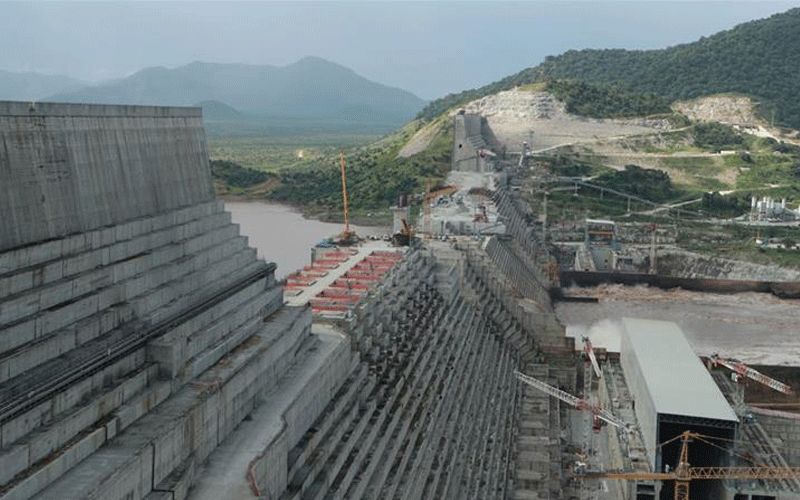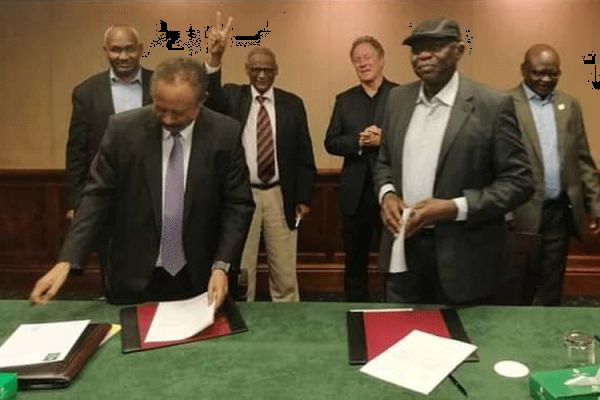Addis Ababa, 13 September, 2020 / 10:00 pm (ACI Africa).
On the occasion of the Ethiopian New Year celebration marked Friday, September 11, the head of the Catholic Church in the Horn of Africa nation has appealed for dialogue to address tensions that surround the controversial construction of the Grand Ethiopian Renaissance Dam (GERD) on the Blue Nile.
In the message delivered September 10, the eve of the Ethiopian New Year day, Berhaneyesus Cardinal Souraphiel appealed to Ethiopia, Sudan, and Egypt “not to let the dispute over the dam lead to conflict but to understanding and collaboration for the common good of all concerned.”
Ethiopia, Sudan and Egypt have been locked in a bitter dispute over the filling and operation of the GERD, which remains unresolved although the reservoir behind the dam began filling in July.
In his message, the Ethiopian Cardinal underscored the need for dialogue to resolve the conflict pitting the three nations reminding the parties of Pope Francis’ August 15 message on the crisis.
“I invite all parties to continue on the path of dialogue so that the Eternal River might continue to be a source of life that unites, not divides, that always nourishes friendship, prosperity, fraternity, and never enmity, misunderstanding or conflict,” Cardinal Souraphiel said recalling the message of Pope Francis last month.








